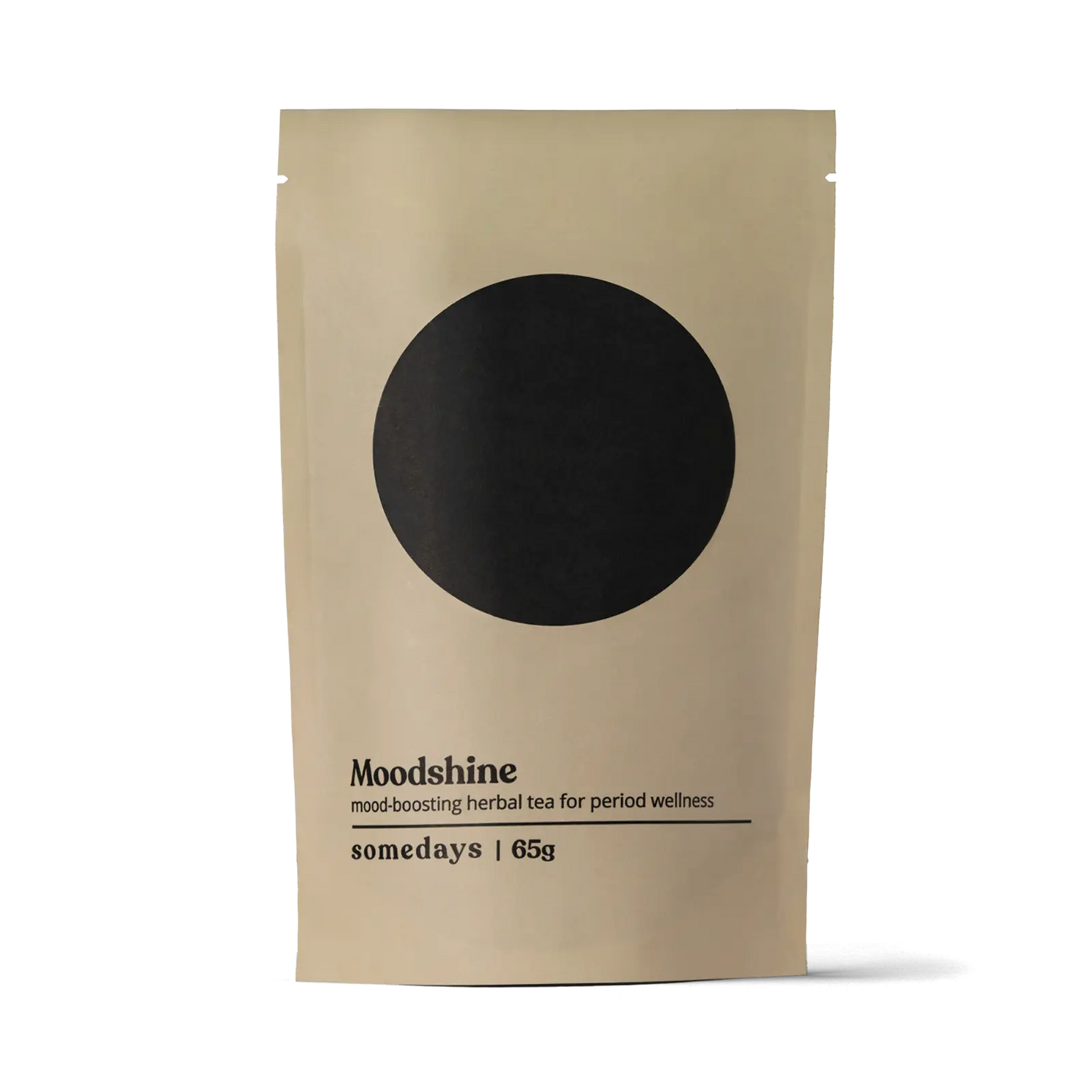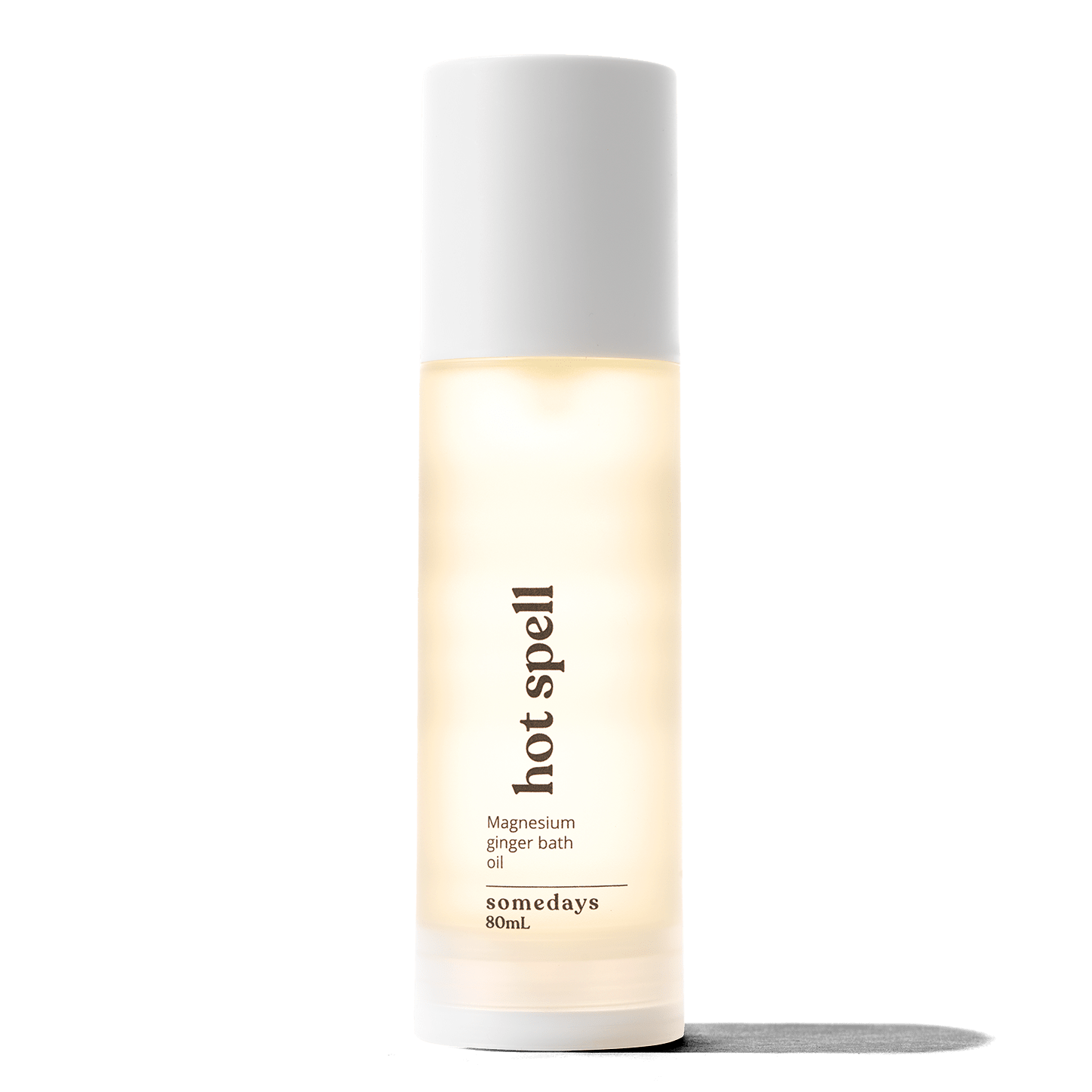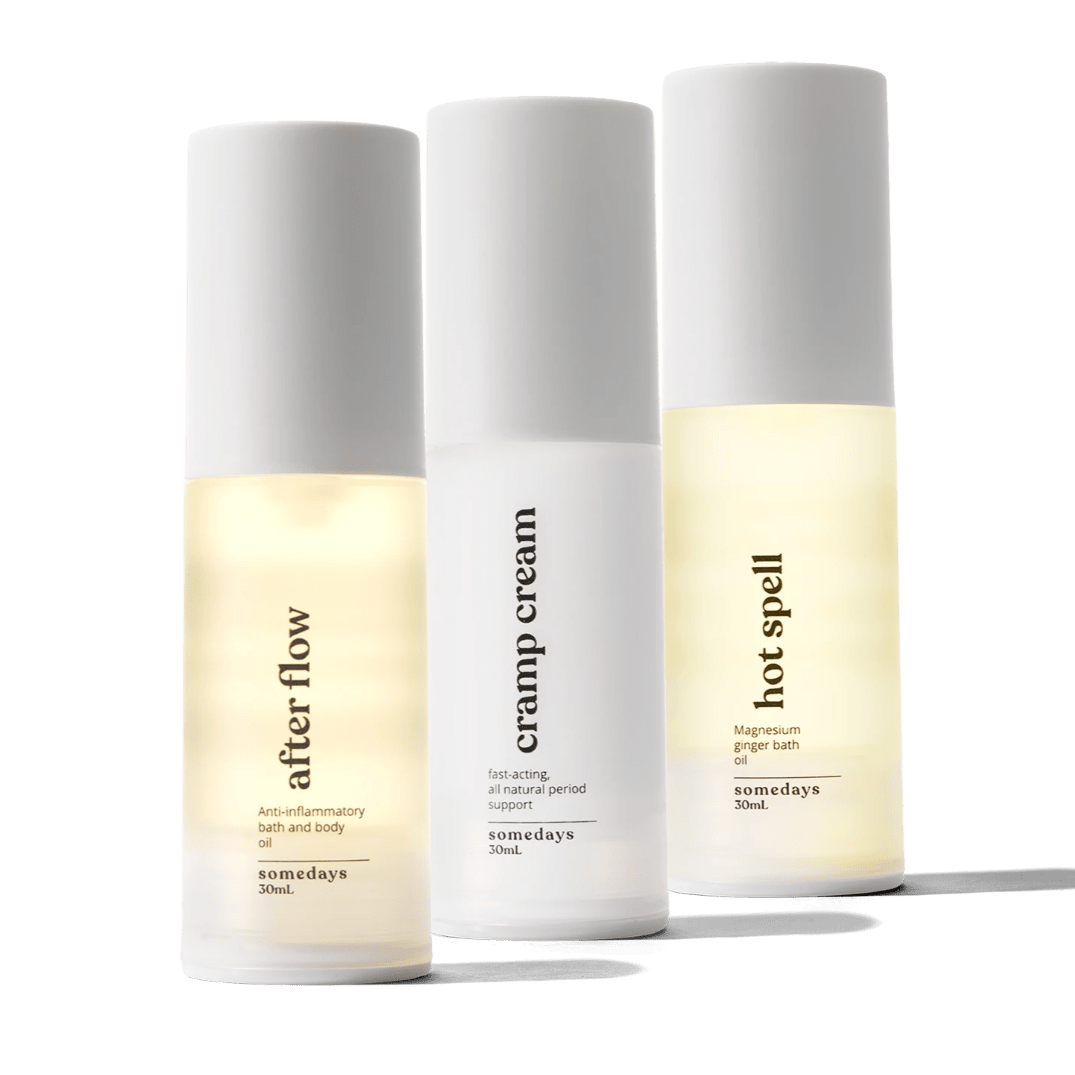Endometriosis and Mental Health: Coping Strategies and Support Resources

Living with endometriosis within a society that primarily prioritizes high levels of production accompanied by an overall disregard for chronic pain, is a difficult journey for many. A recent meta-analysis of studies of people with endometriosis found that more than two-thirds (68 percent) of individuals had mild or psychological stress. Whether someone is working on, or has existing long term diagnosis, both are ultimately looking for relief, and are generally met with a lack or care and disregard for its severity. This study found that people with endo often encountered the attitude that they exaggerated or imagined their symptoms or had low pain thresholds, from both healthcare professionals and people close to them such as friends and family.
On an epidemiological level, studies have long revealed the correlation between endometriosis and mental health. However, researchers' past explanations of this relationship were often irresponsible and shifted blame onto the patients. In this recent Yale study, MD Hugh Taylor along with other researchers was able to establish that mood disorders in endometriosis are a component of the diseases pathophysiology (changes that occur during a disease process). They found a gene, DGKB rs12666606, that is shared between endometriosis and depression. “This is a gene that is highly expressed in many brain regions as well as female reproductive tissue”, says Taylor et al.
The correlation is clear as day; acknowledging and feeling validated in the truth of the relationship between endometriosis and mental health is only a small piece in the process, however.
How do I cope with the mental health struggles associated with endometriosis?
As with most things, there isn’t going to be one approach that works for everyone and it is important that you prioritize finding what coping strategies and methods work best for you. Additionally, the efficacy and availability of these strategies may change for you over time, so have patience and be curious with yourself as you find what works best for you and your endo.
This one may make some of us scoff at first; will a daily “I am strong?” really help me cope with severe debilitating pain that isn’t recognized as ‘real’ by many institutions and individuals? Hear us out.
Many consider affirmations a form of pseudoscience, however, many scientific studies have linked affirmations to concrete physical and mental gains. Through repeating affirming statements, the brain can form new neural pathways, which create a physical connection to these repeated thoughts. This study shows that people who engaged in self-affirmation tasks displayed reduced neural activity in regions associated with threat processing and stress reactivity, leading to lower stress levels. Considering the inflammatory nature of endometriosis and the relationship between stress and inflammation, this shows the potential positive effects of positive affirmations in overall pain management and well-being. Modern scientific research also suggests a strong relationship between the mind, body and the perception of pain. Beneficial thinking techniques can enhance the effectiveness of medications and other pain relief therapies, by teaching the brain to focus on the positive sensations in the body over the negative. So what can this look like?
Affirmations
Write down some positive and reflective affirmations for yourself to reach for when experiencing a flare-up. An example from the Somedays Somatic Care Deck is “My symptoms are the most incredible way my body learned to survive and adapt”. Consider writing down what your pain feels like in your body in terms of color, shape, and other metaphors.
Pain Relief Rituals and Routines
Creating positive and regular embodied rituals can be a great way to stay connected to yourself and your body. Having a routine supports building healthy habits, which can support us in maintaining positive relationships with self and others, maintaining good hygiene and overall health. It has been clinically proven that having routines and plans can help you feel more in control. In this study, circadian rhythms were studied and it was concluded that disruptions of these cycles triggered depression and mood disorders. With endo, you are already predisposed to a variety of mental health disorders, therefore, having a steady sleep and activity schedule can support you in feeling less lonely and remaining in control. Here are some tips when trying to stay on track with routines, and rituals.
- Slow and steady: Try slowly adding a new habit, ritual or positive item to your routine. Perhaps it starts with making a cup of Somedays Moodshine Tea, with mood-boosting botanicals, before bed and getting to sleep before 10:30 pm. Or maybe it’s taking five minutes after your lunch break to go outside, without any devices.
- Track your progress: It takes an average of 66 days to create a new habit. Keeping track of your progress when it comes to your routine is important in keeping yourself accountable as well as applauding your efforts. A strategy I use in my everyday life is reverse checklists, where I write down all of the healthy rituals, and habits I implemented that day. See what sticks, and what doesn’t; either way be generous and growth-oriented.
Community and Support Groups
In this study, individuals with a negative sense of community had significantly higher odds of reporting depression, anxiety and stress symptoms. In the case of endo, it is evident that having a community that recognizes and validates your experiences is vital, since many people and places such as the doctor's office, don’t. Community comes in a variety of forms. Here are ways and resources to cultivate a culture of support in your life.
- Prioritize Relationships that Validate You and Your Endo: For the most part, you are in control of who you surround yourself with. Prioritize connections with people who are understanding of your pain and your condition, as well as the many factors that accompany it. Observe what friends and family members are accommodating and patient to your needs, and recognize those as people you can talk to and lean on in difficult physical and mental times.
- Endo Support Groups and Forums: Talking to other people with endo and their own experiences with mental health as well as other challenges, can be an amazing way to feel seen and validated in your own experience, rather than in isolation.
- Endometriosis Canada Virtual Network Groups: Meet twice a month virtually with support group facilitators.
- Endometriosis Association: Offers a safe private online community, with crisis hotline and correspondence networks.
- Worldwide EndoMarch Virtual Conference: Holds an annual online conference with recordings archived and available for view.
Counseling and Therapy
Working with professionals in the realm of counseling and therapy can provide a safe space to explore emotions and challenges surrounding endometriosis experiences. Some styles of therapy to consider are:
- Cognitive Behavioural Therapy: A form of therapy that focuses on the way people think and act in certain situations.
- Trauma-Informed Somatic Therapy: Somatic therapy focuses on developing a deep understanding and awareness of the body and how the physical experience is connected with emotional or psychological experiences.
Mood-Boosting Botanicals
Botanicals are the tried and true ancient sources of relief, whether it be for pain, digestion or to help stabilize your moods. Whilst botanicals can’t cure or eradicate deep-rooted mental health disorders, they can be temporary forms of relief and release in challenging times or episodes. Some examples are:
- Lemon Balm: This has been shown to calm the nervous system.
- Tulsi: This has been shown to help the body cope with stress.
- Chamomile: Known for its calming effects.
- Geranium: Known for promoting relaxation.
- Arnica: Has been shown to have anxiolytic (anti-anxiety) effects.
- Magnesium: This has been shown to have cortisol-leveling effects.
All of these ingredients can be found in Somedays products, such as Somedays Cramp Cream, After Flow Bath and Body Oil, and Moonshine Tea.
Pharmaceuticals
Medication can play a pivotal role in treating mental health disorders and can be instrumental in providing you with a higher quality of daily life. Used in combination with other coping strategies, such as the ones listed above, can allow you to feel more in control of your mental health. Here is a great resource outlining some of the various pharmaceuticals available for different mental health disorders. It is important to work closely with a professional when developing your treatment plan so that your own individual and medical needs are met safely.
Endometriosis is an all-encompassing disease and is indeed a huge part of you, however, it doesn’t have to be the thing that stops you from participating in a happy and full life. With all the obstacles that you may be facing during diagnosis, treatment and coping, we hope that some of these approaches allow you to see some options for you because you are beyond worth it.
Much love.
Join our Betterdays community - a weekly newsletter where we break down the latest (TLDR) news, research and breakthroughs related to your reproductive health—with a splash of humour to get you through the tough days.
Ella Adkins is a writer, teacher and occupier on the ancestral homelands of the Sḵwx̱wú7mesh, Stó:lō and Səl̓ílwətaʔ/Selilwitulh and xʷməθkʷəy̓əm Nations. Her work has been featured in Femme Art Review, Peripheral Review, SAD Mag, ReIssue and Public Parking.
Suicide Crisis Helpline:
9-8-8
Previous Article All Articles Next Article
All Articles


